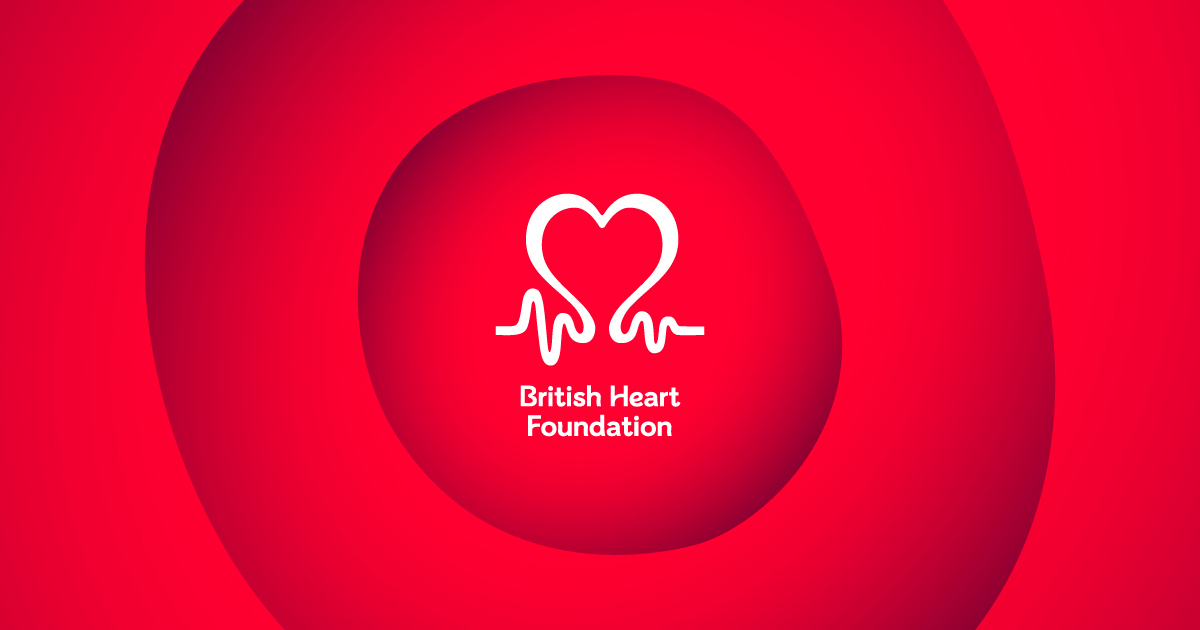During pregnancy some women develop a condition called pre-eclampsia, which can be dangerous for mother and baby. Pre-eclampsia affects up to one in 25 pregnancies in the UK and usually develops after 20 weeks of pregnancy. It is diagnosed by testing for protein in the urine and detection of high blood pressure.
Pre-eclampsia is thought to be caused by a problem with the placenta, which supplies nutrients to the baby in the womb. The only cure for pre-eclampsia is to deliver the baby (specifically, the placenta), but both mother and child are still left with an increased risk of health problems, such as heart and circulatory disease later in life. Research suggests that the condition doubles the risk of coronary heart disease, stroke and heart attacks and quadruples the risk of high blood pressure later in life.
Understanding how pre-eclampsia develops to better prevent it
We’ve been funding research to understand how pre-eclampsia develops, to try to discover new treatments. Researchers have found that endothelial cells, forming the inner lining of blood vessels, do not function properly in women with pre-eclampsia. Endothelial cells are involved in helping your blood vessels expand and relax as your heart pumps blood around the body, so if they aren’t working properly, this can cause your blood pressure to rise. And the problems with the endothelial cells can last for years after the pregnancy, leaving mothers at an increased risk of heart and circulatory diseases.
Professor Paul Leeson and his team in Oxford are looking into the role of a molecule called BH4 which is important for the normal function of endothelial cells. Their early findings showed that a lack of BH4 can induce pre-eclampsia in pregnant mice. They also found evidence that increasing BH4 levels with dietary supplementation with 5-MTHF, a form of folate which is metabolised by the body into BH4, can restore the function of endothelial cells and keep blood pressure at normal levels. They also found that endothelial cells taken from the umbilical cord of women with pre-eclampsia had lower levels of BH4, adding to the evidence that this molecule is involved.
So the team is now testing in a small clinical trial whether giving 5-MTHF, which happens to be a nutritional supplement already approved for use in pregnancy, to pregnant women with pre-eclampsia can protect the endothelial cells and help control their blood pressure.
This research has the potential to stop pre-eclampsia from developing, reducing the risk to mother and baby both at the time and in later life.
Self-monitoring to control blood pressure after pre-eclampsia
The high blood pressure caused by pre-eclampsia can affect blood vessels in the mother’s body and damage organs like the heart, brain or kidneys. After women with pre-eclampsia give birth, their blood pressure can remain high for weeks or months, and the damage in their body can be longer-term. These women are at higher risk of heart and circulatory disease in later life.
In 2017, Professor Leeson and team have shown that giving new mothers a blood pressure monitor to take their own readings for the first month or two after the birth, together with a smartphone app that advises what medication to take in response to the readings, results in lower blood pressure six months after the birth compared to those who received usual care. Following up these women four years later, the team reported in 2021 that this sustained reduction in blood pressure remained in women who had self-managed their blood pressure, even though they had stopped taking their blood pressure lowering medication several years earlier.
The team will now use sophisticated scans to understand whether the improved control of blood pressure is accompanied also by improved blood vessel function in the heart and brain, which could reduce the risk of heart disease and stroke.
If successful, this could revolutionise how doctors care for new mothers in the period after birth and help improve their long-term health.
Updated 29th June 2021



